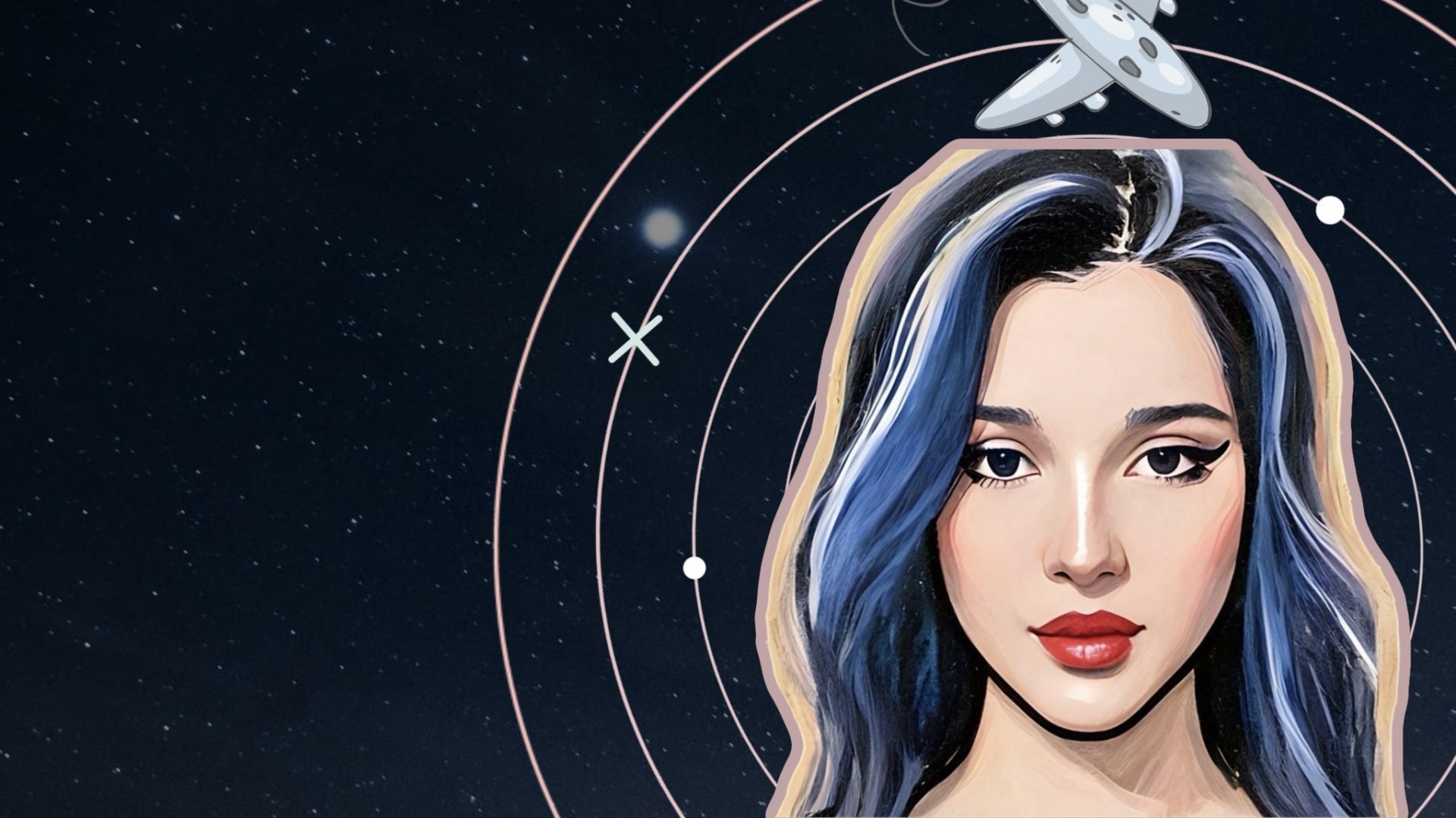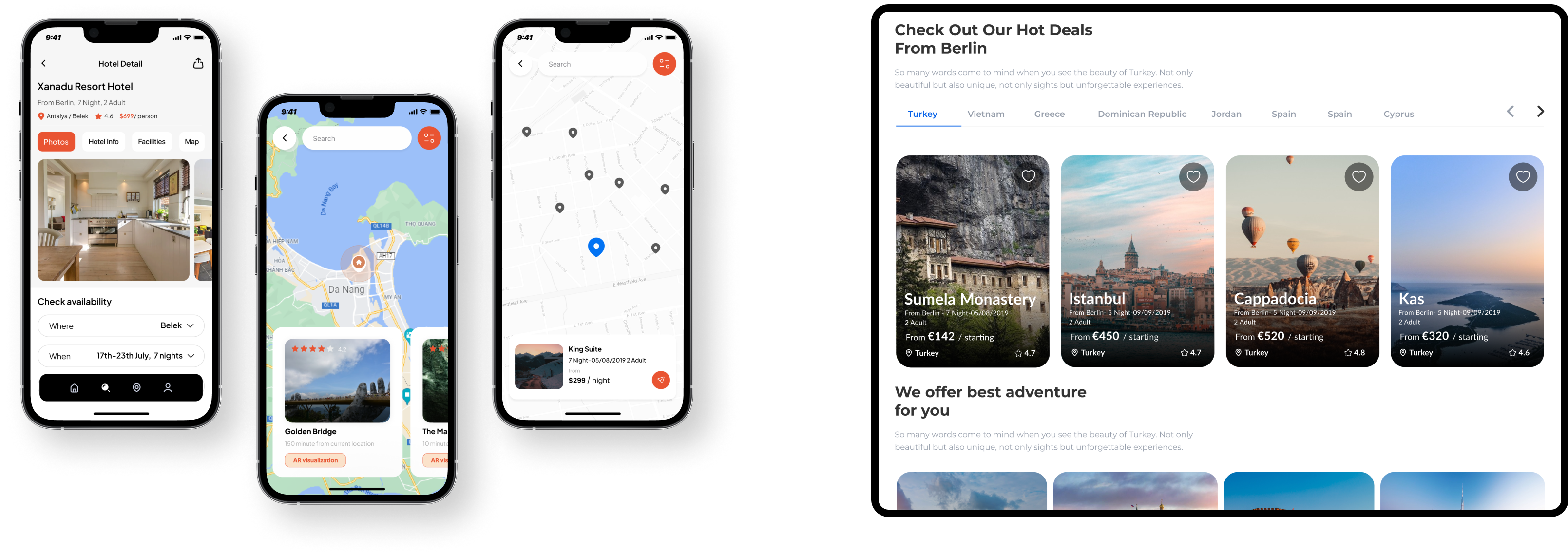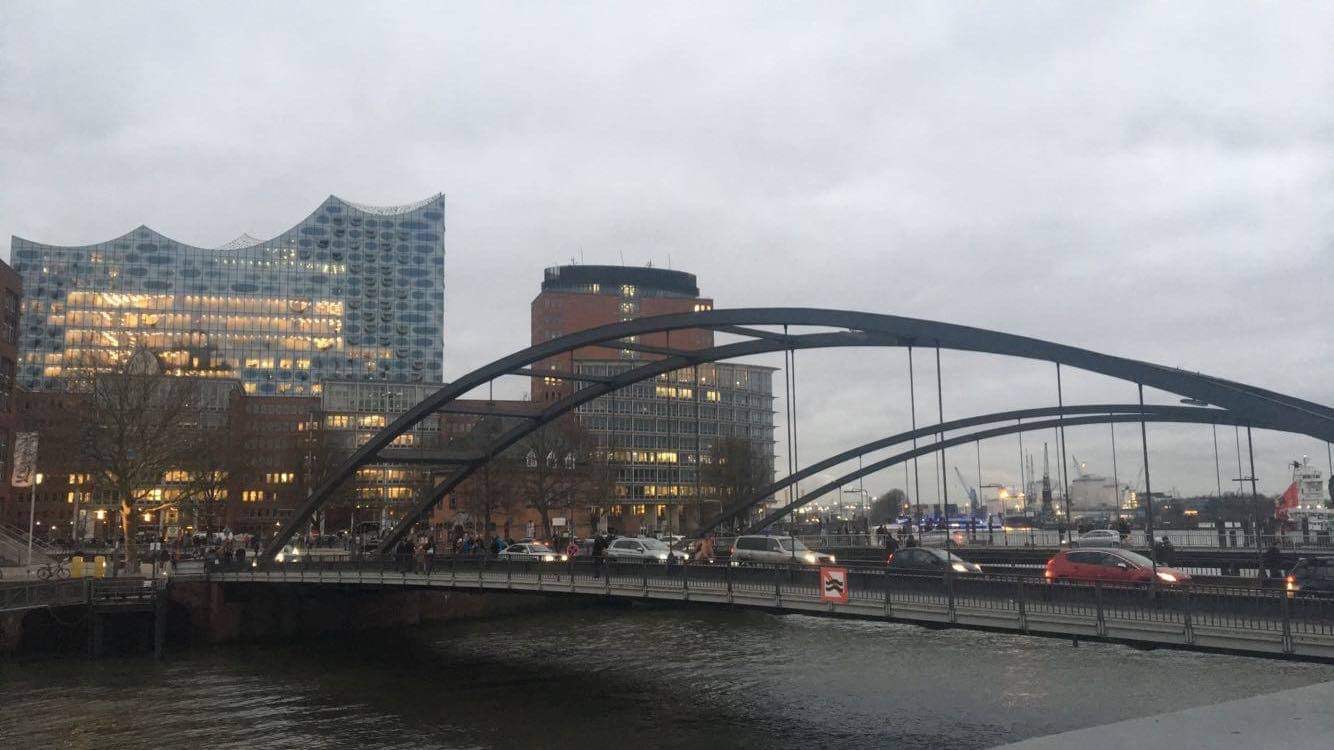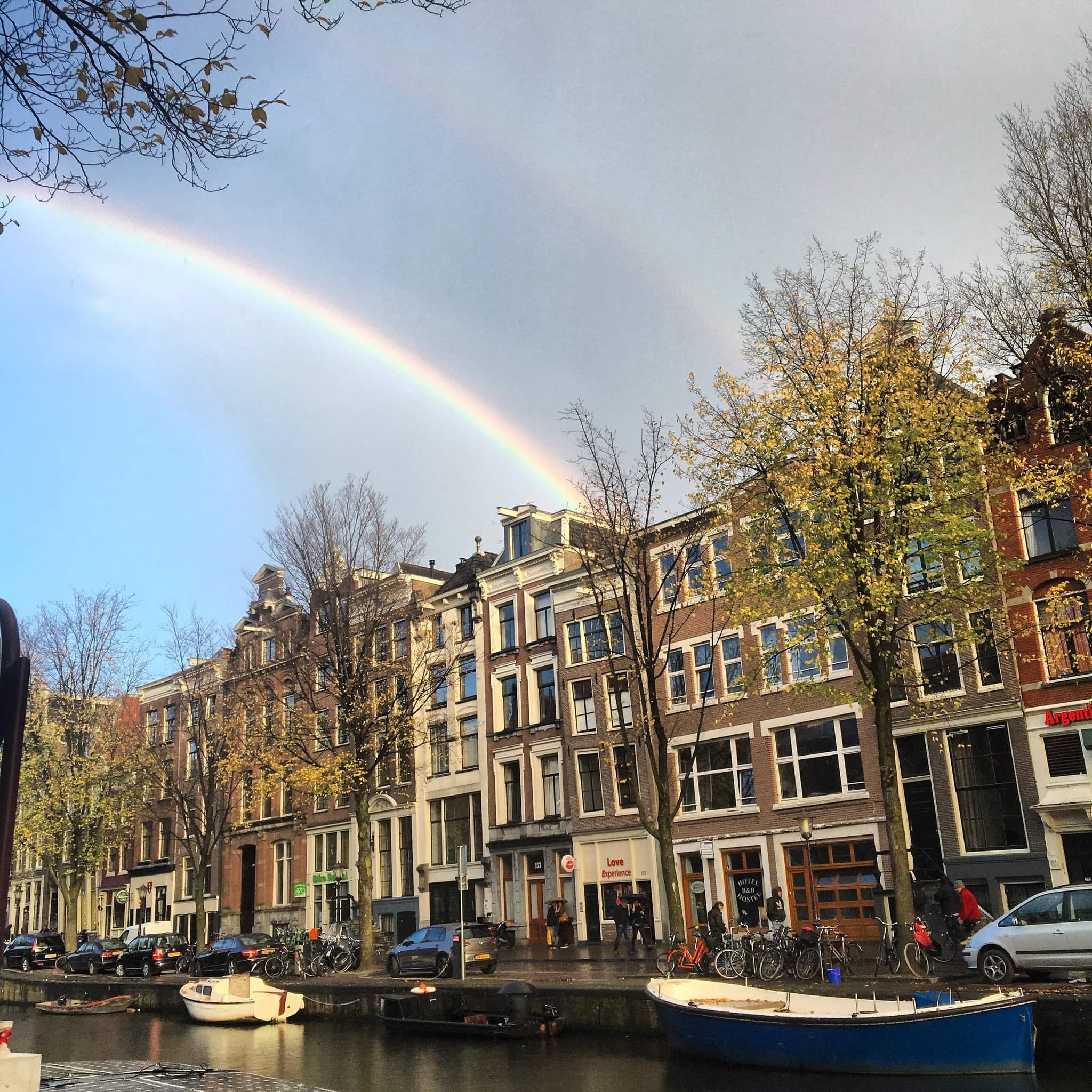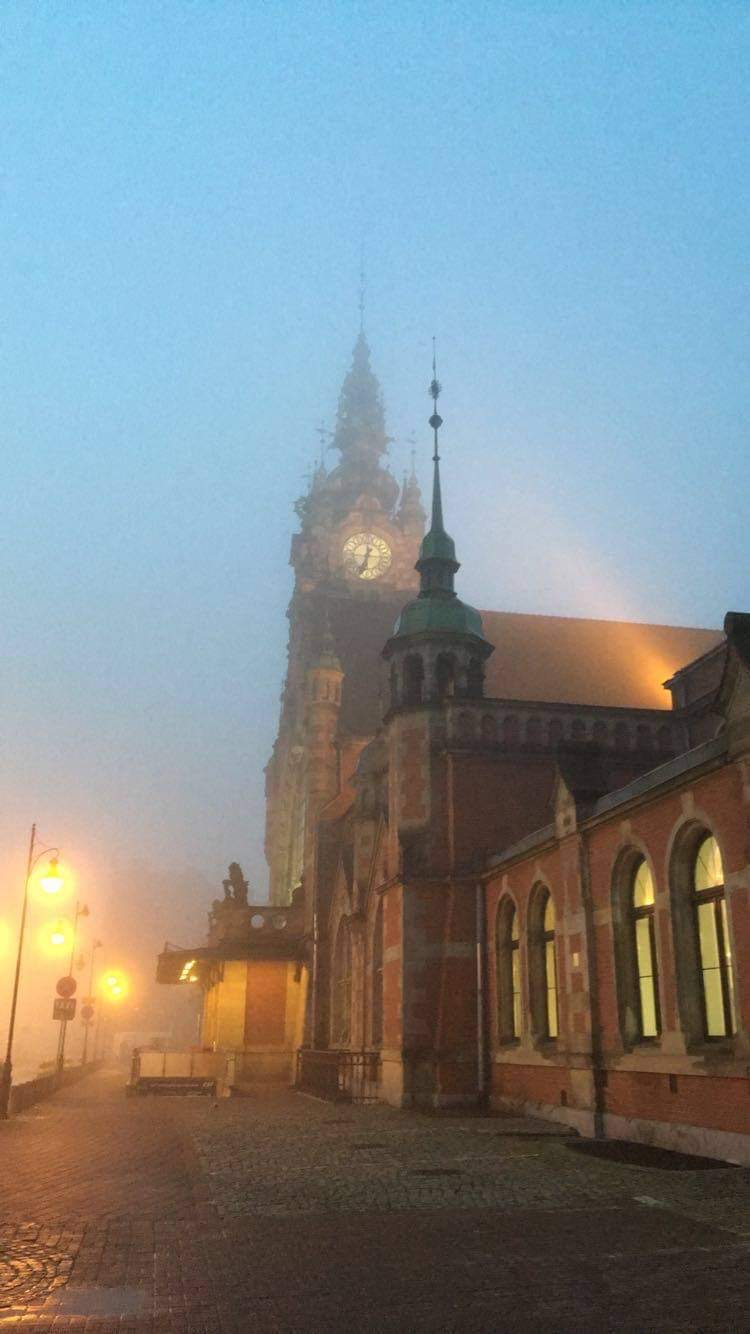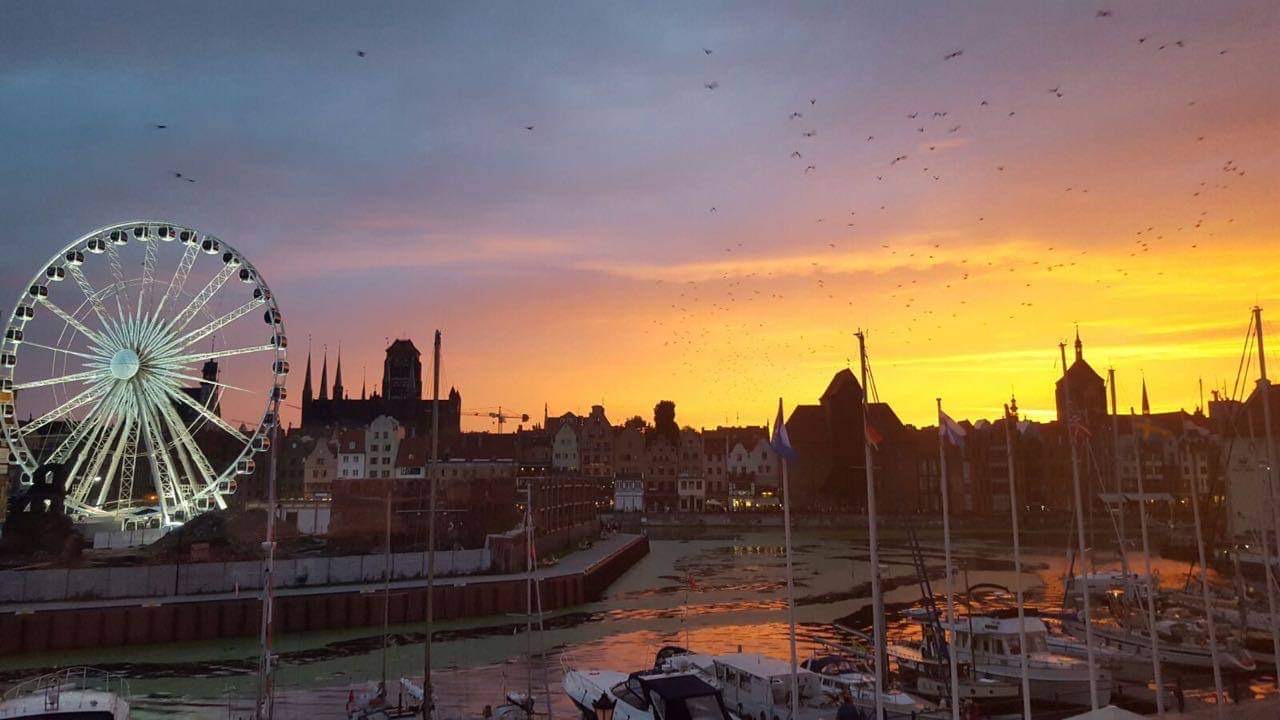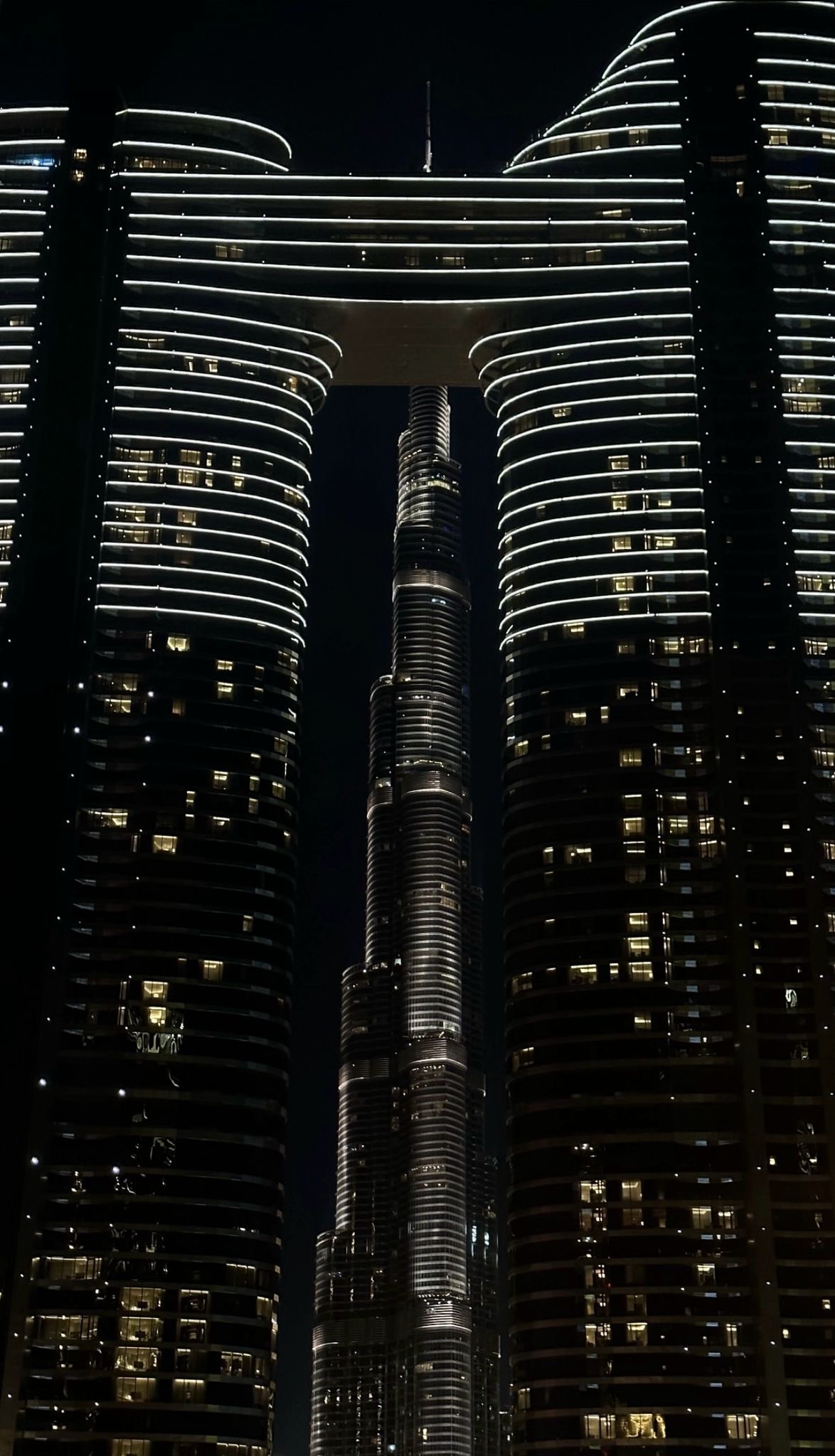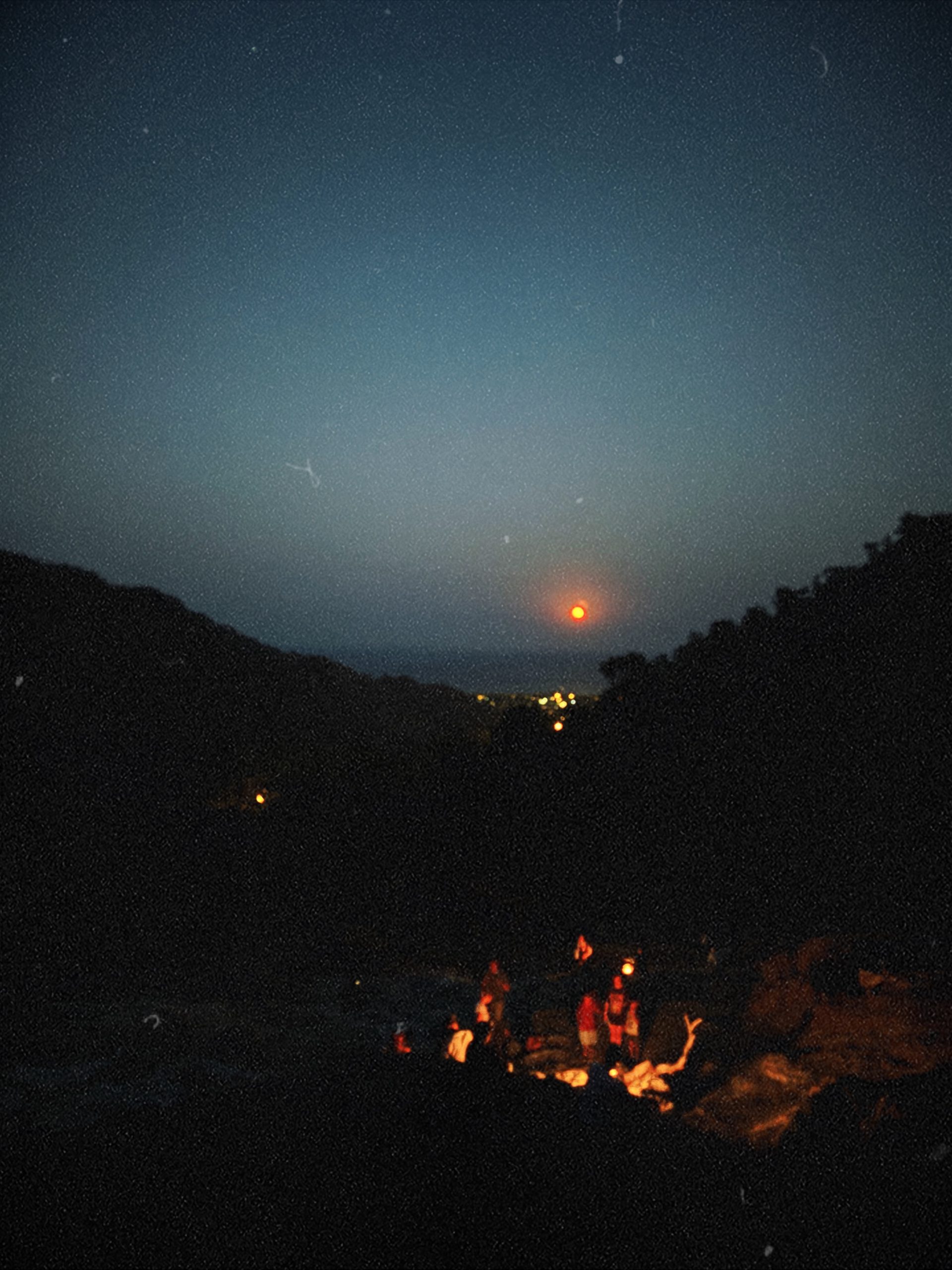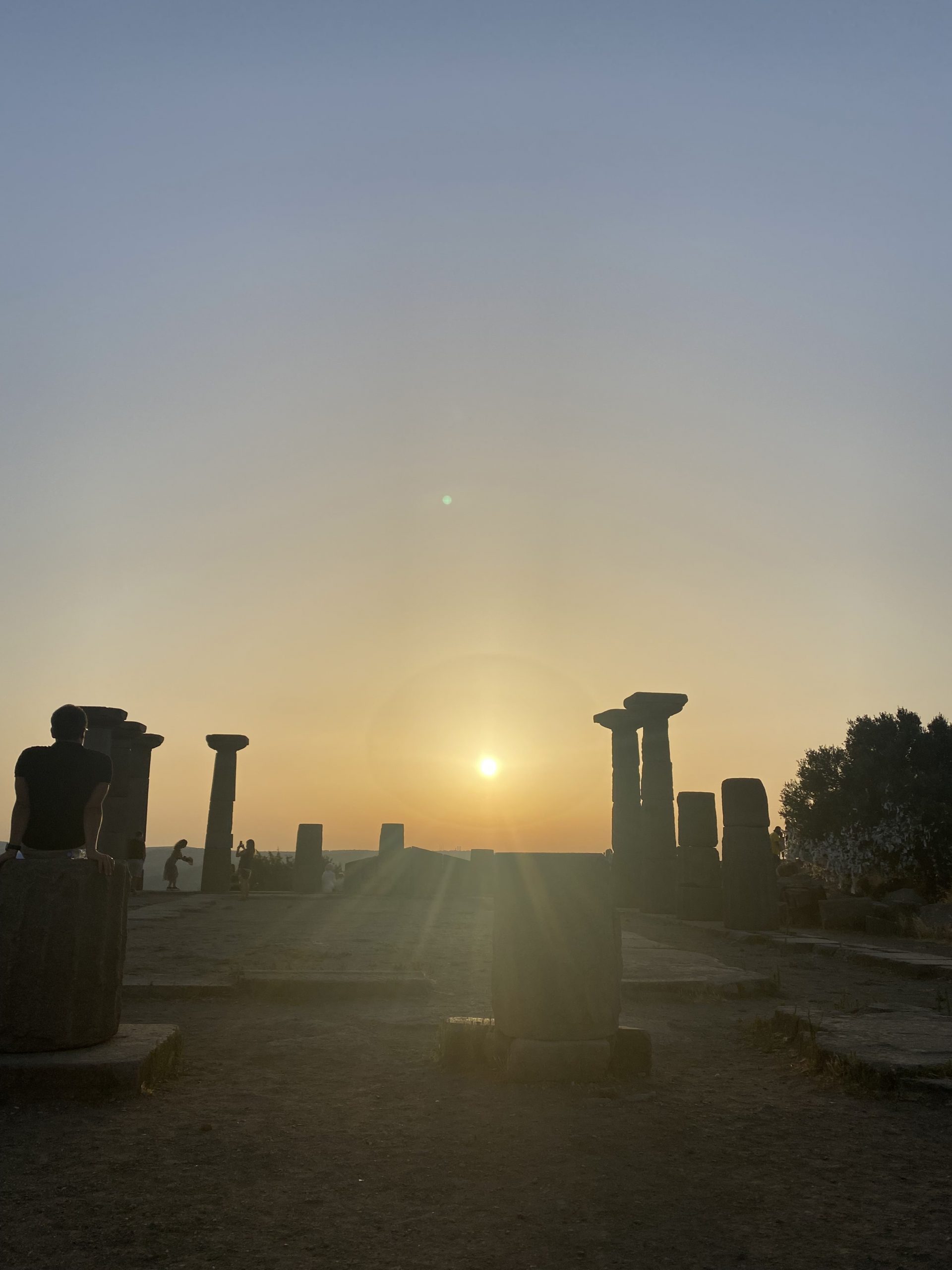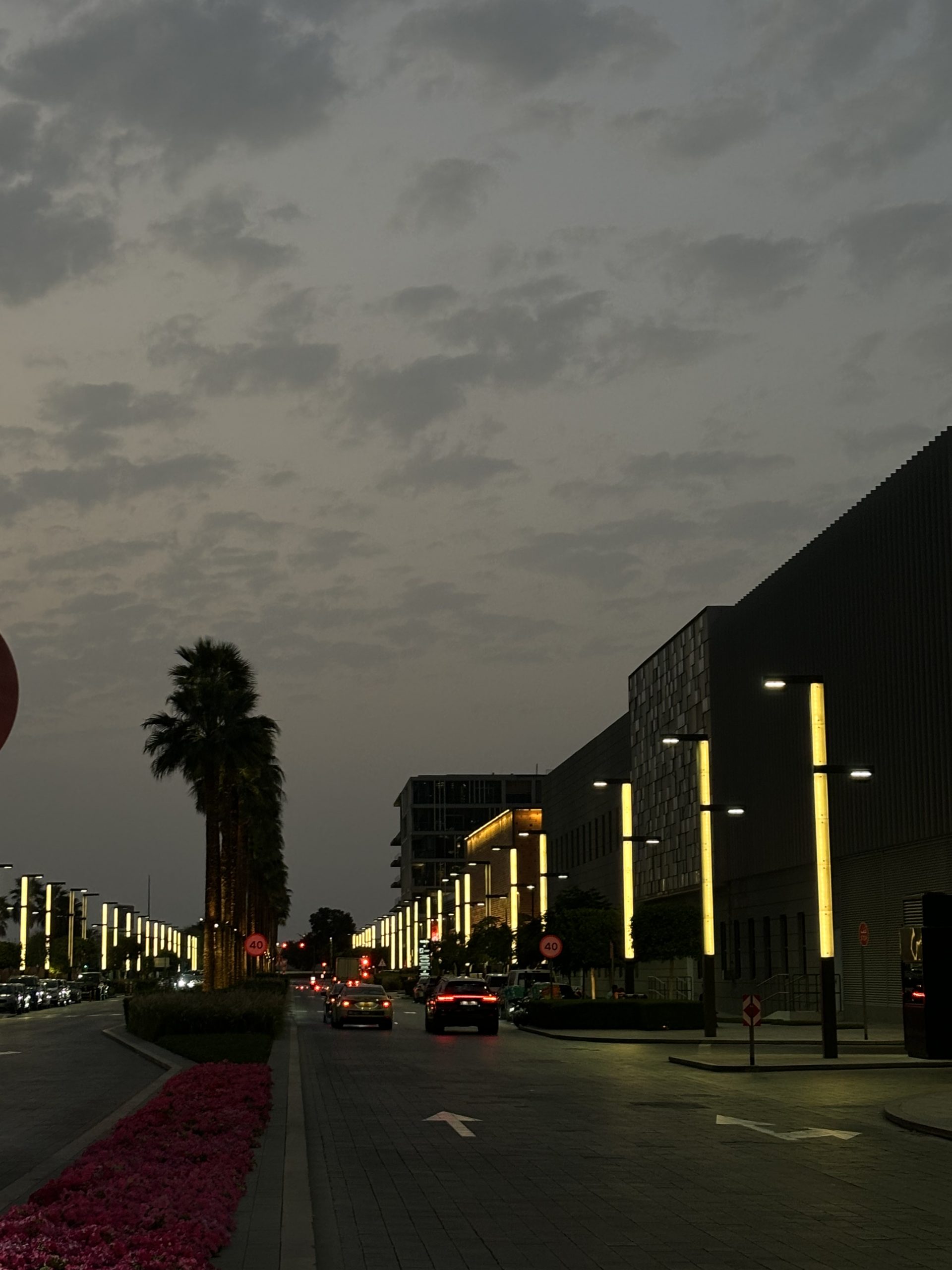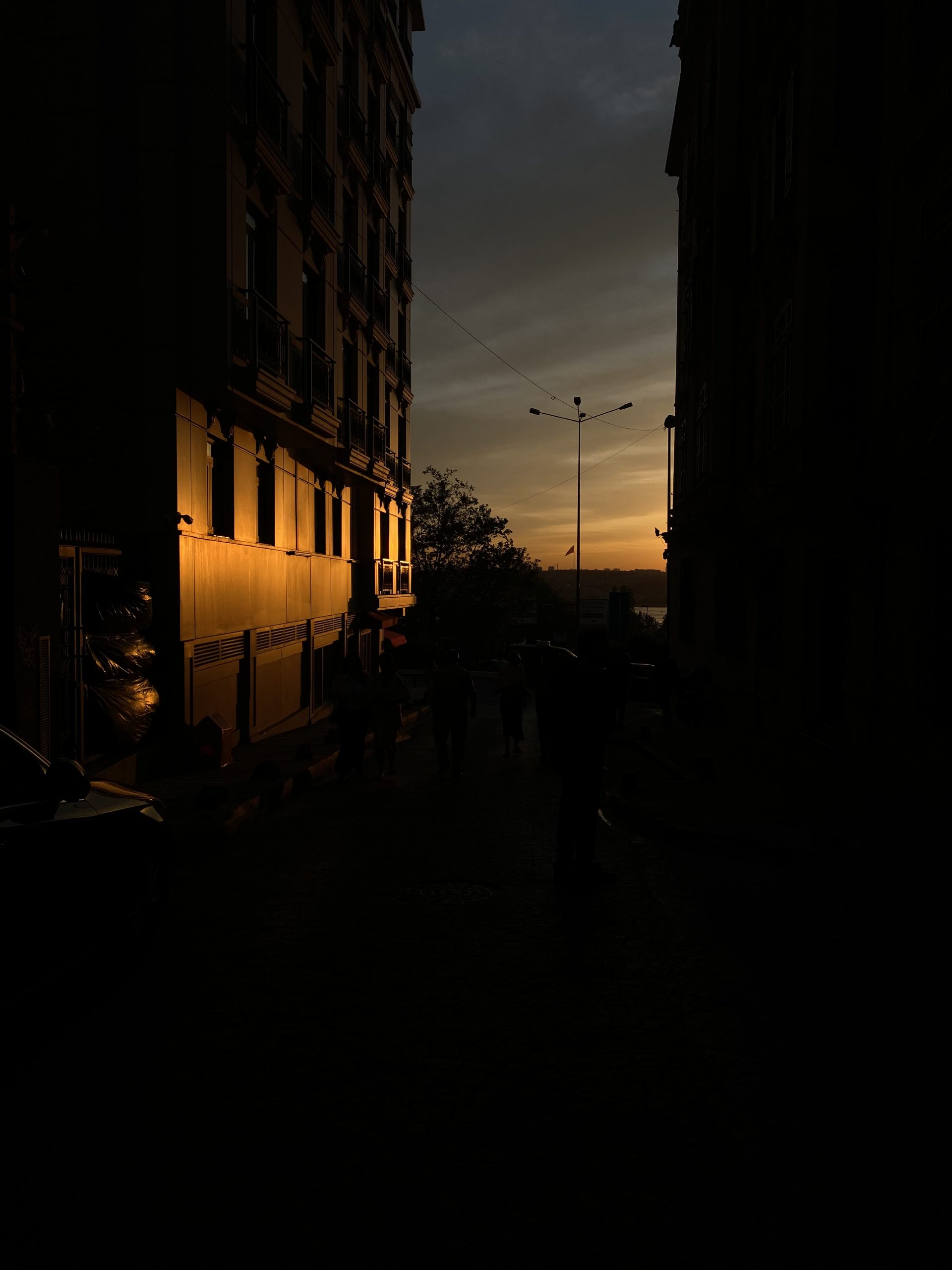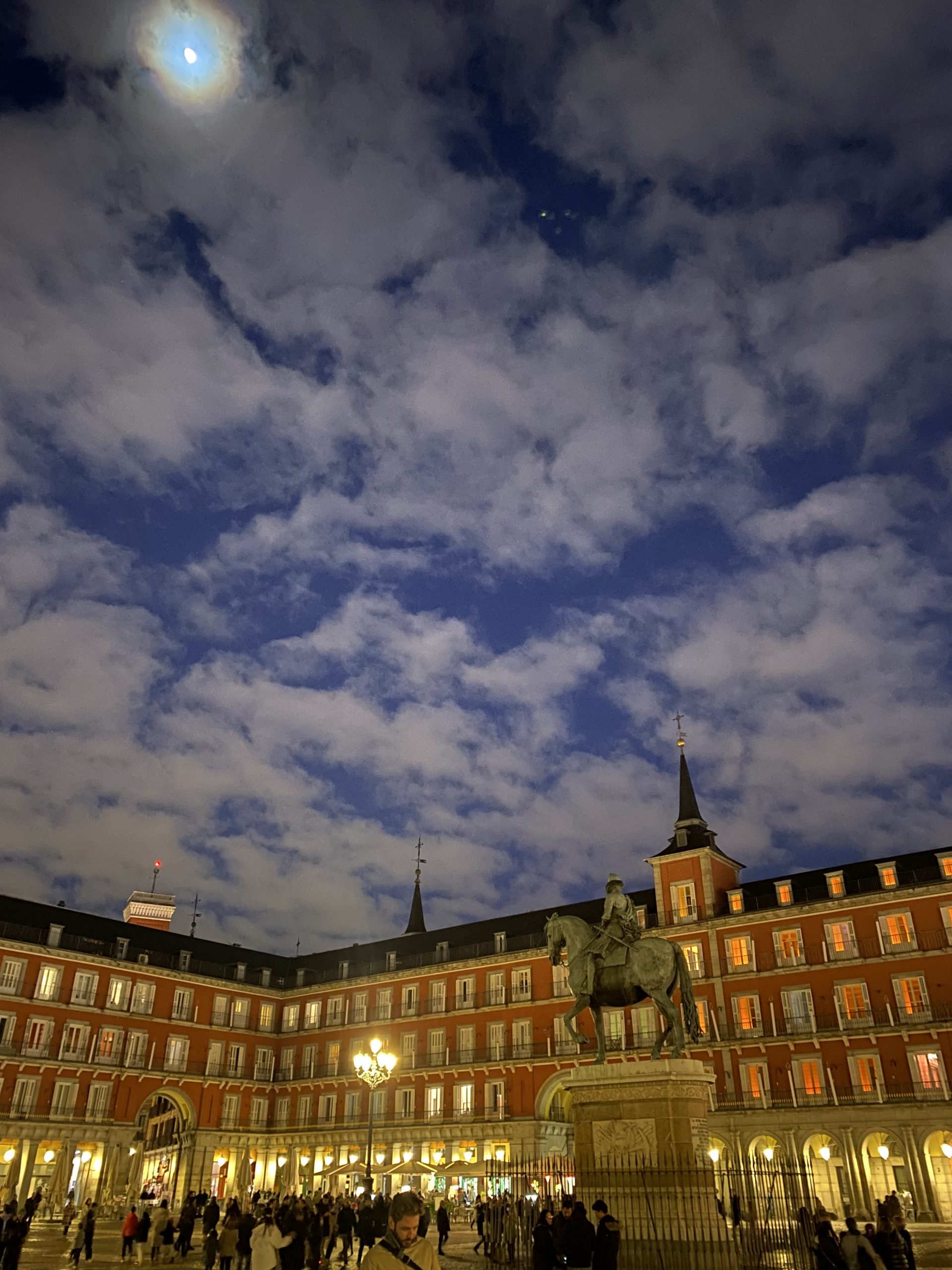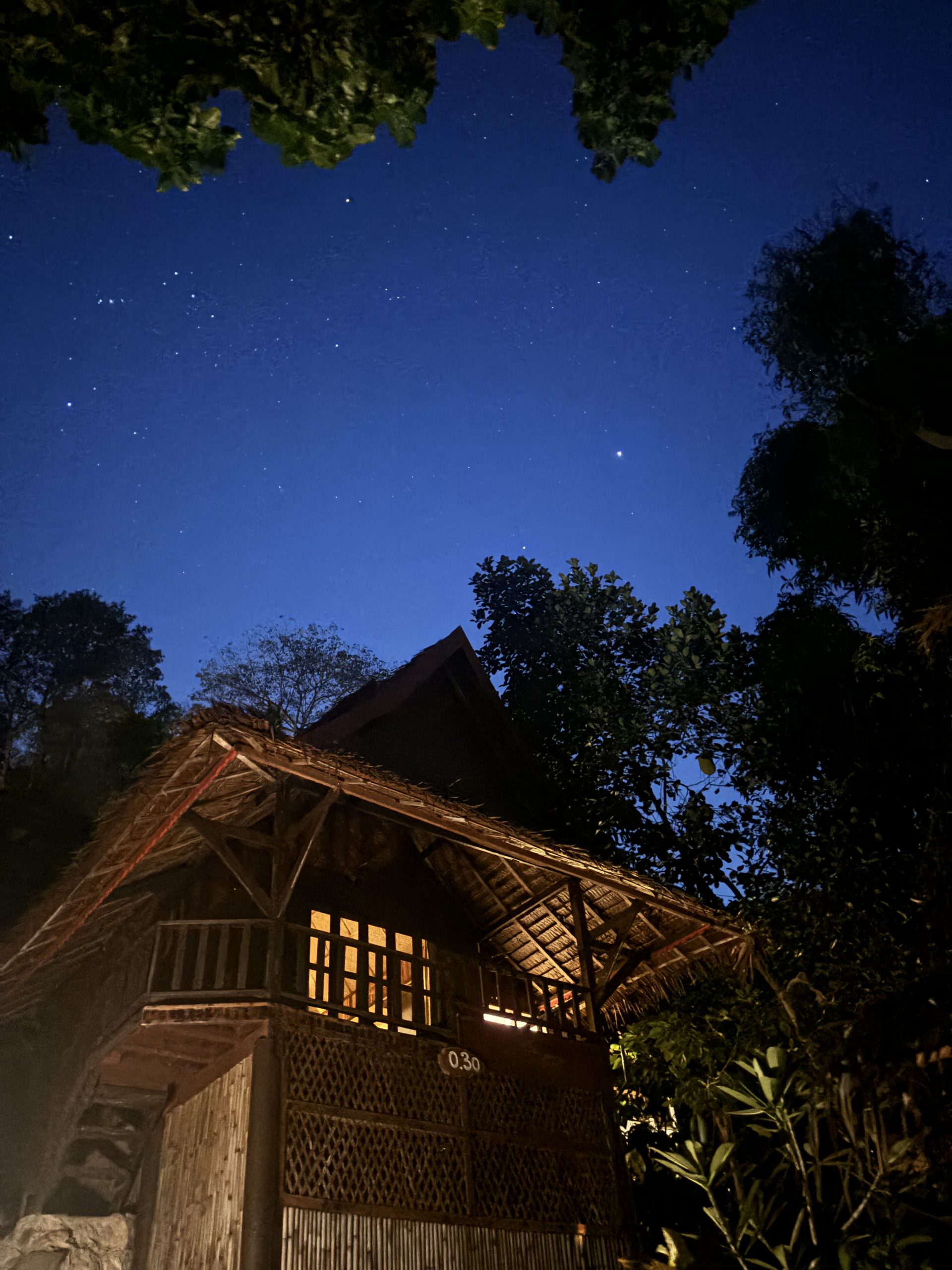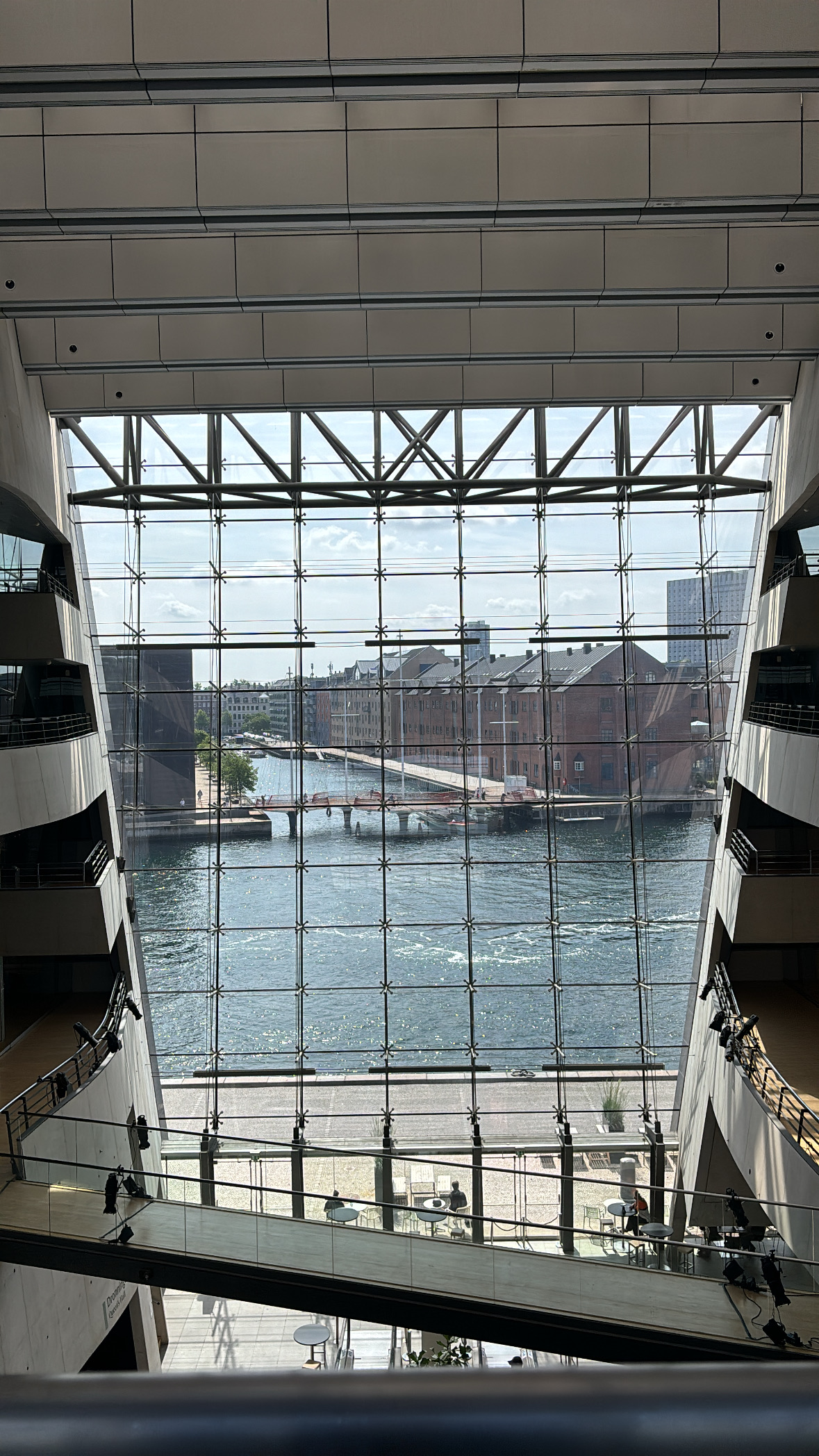Sometimes, around 3:17 a.m., the silence in my apartment hums.
Not with traffic or humming appliances,
but with the low, aching frequency of other versions of me.
They bleed through the walls of this universe —
like ghosts brushing against the veil of my skin.
I don’t hear their voices.
I feel them.
Like a dream you wake up from, gasping, but can’t remember why.
There’s one version of me — let’s call her M.
She lives in a small town near a forest.
She paints on weekends,
laughs over candlelit dinners with her husband who always puts his hand on the small of her back —
like he’s reminding her she’s safe, she’s seen, she’s his.
They have two kids who sneak into bed on stormy nights.
Her house smells like cinnamon and pine.
And when I cry for no reason on a sunny Tuesday,
I think it’s her.
Maybe she lost a baby.
Maybe he forgot her birthday this year.
Or maybe — and this hurts more —
maybe she’s just happy, and I felt the absence of it.
Then there’s another me.
She lives in a neon-lit future where cities float above the clouds,
and love is forbidden — classified as a dangerous emotional contagion.
But still, she risks everything for a guy with silver eyes
and a voice like wind chimes in zero gravity.
They meet in secret on derelict satellites,
where time doesn’t move, and no one can trace a heartbeat.
Sometimes I wake up choking on air like I’ve just kissed someone in a place that doesn’t exist.
When my chest feels heavy, when loneliness curls under my ribs like smoke —
I think it’s them, bleeding into me.
But here’s the strangest thing.
They feel me too.
The one who chose freedom.
The one who never settled.
The one who still believes in miracles at train stations and kisses before earthquakes.
The one who hasn’t given up — even when it would be easier.
Maybe they feel me and cry,
just like I do for them.
And maybe that’s what makes us whole —
not the love we’ve found,
but the love we still believe is waiting for us
across time, across stars, across infinite versions of who we almost were.
So tonight, when I cry quietly into my pillow,
I whisper to them:
“I see you. I miss you. I’m trying for both of us.”

